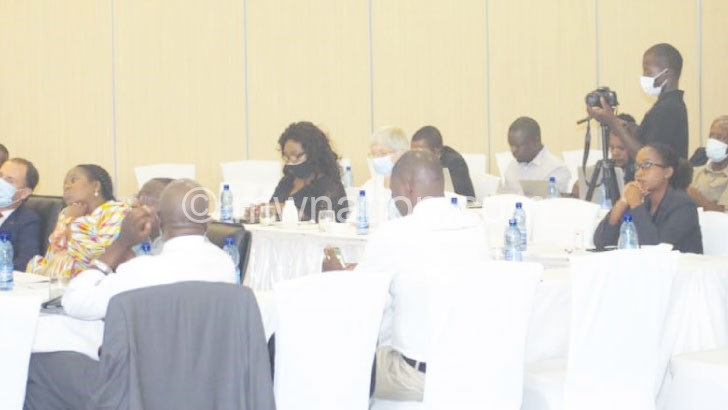Industries panic ahead of free trade area rollout
The Malawi Confederation of Chambers of Commerce and Industry (MCCCI) says subjecting the manufacturing sector, which is still in its infancy, to rigorous pressure and competition from other countries would render it “completely dead”.
MCCCI director of business environment and policy advocacy Madalitso Kazembe said this on Friday in Blantyre during a public private sector dialogue workshop to adopt the revised African Continental Free Trade Area [AfCFTA] market access offer.
She said: “If we are to ratify this [AfCFTA) and we do not prepare ourselves as a country, we will be worse off. Our manufacturing sector will be heavily affected.

“Government needs to bring in incentives to make sure the manufacturing sector becomes more productive like the taxation issues, smuggling, infrastructure, energy and telecommunications.
“We want to make sure that government protects our industry to make sure it grows and becomes more competitive.”
To date, 54 out of 55 countries have signed the agreement and 29 countries have ratified it.
Malawi is, however, in the process of ratification after the private sector had given a nod to the ratification.
Over the past decade, Ministry of Trade figures indicate that Malawi’s total trade (imports and exports) increased by A mere 11 percent from $3.2 million (K2.4 billion) in 2009 to $3.6 million (K2.7 billion) in 2018.
Total exports fell by 26 percent from $1.2 million (K900 million) in 2009 to $880 million (K660 billion) in 2018, while imports increased by 34 percent from $2 million (K1.5 billion) to $2.7 million (K2 billion).
However, Malawi’s total imports from Africa in 2018 were $808 million (K606 billion), constituting 37 percent from South Africa at $500 million (K375 billion) or 62 percent of total imports from Africa.
Ironically, Malawi sources imports from 34 of the 55 African Union countries and of the 34 countries, 14 of them are not in any free trade agreement with Malawi.
Ministry of Trade Principal Secretary Christina Zakeyu observed that while as a least developed country with low industrial base and customs revenue dependent, Malawi’s ability to trade in a way that promotes development is constrained by crippling supply-side constraints.
The AfCFTA is expected to bring together 55 African countries with a combined population of more than 1.2 billion people, including a growing middle class and a combined gross domestic product of more than $3.4 trillion.




